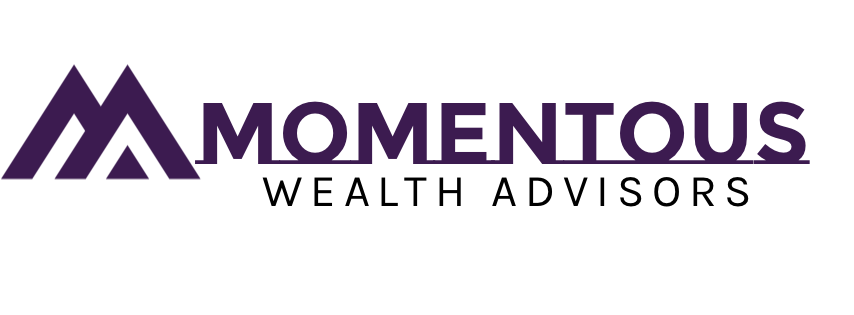Top 6 Questions to ask a financial advisor.
While most people can easily identify their needs, goals, and pain points, knowing what questions to ask a financial advisor can be tough.
Here are the top 6 questions to ask a financial advisor.
1. Are You a Fiduciary 100% of the Time?
A fiduciary financial advisor has to put your interest first. A fiduciary is also prohibited from selling you a financial product for a commission.
Their compensation must come directly in the form of fees from you and be transparent.
2. What Is My Total “All-In” Cost to Work With You?
Just because a financial advisor is a fiduciary, does not mean it’s easy to understand the all-in costs.
Here are some of the common fees you might pay when working with a fiduciary financial advisor:
Advice Fees. These can be one-time financial planning fees or a percentage of your investments.
Transaction Fees. These are charged by the custodian (e.g., Schwab) when your advisor buys or sells investments on your behalf.
Expense Ratio. This fee is charged by a mutual fund or exchange-traded fund (ETF) to cover operational expenses.
It’s important to note that a fiduciary financial advisor is only compensated by the fees for advice.
3. What Experience Do You Have With Financial Planning?
A financial advisor’s experience is not just the number of years they have been in business. What is their experience with:
Reducing taxes in retirement
What certifications do you have?
Creating tax-efficient income in retirement
Lowering risk while maximizing investment returns
Increasing tax deductions through charitable giving
4. Will You Provide Me with a Comprehensive List of Your Advisory Services?
Asking a financial advisor for a list of their services will help you understand if they:
Have documented processes and procedures in place to care for their clients.
Focus on one particular area of wealth management or if they take a holistic approach.
Some advisors might offer more add-on services such as stock option optimization, Roth IRA conversion analysis, Social Security planning, and charitable giving.
5. Where Do You Keep My Money?
Does your financial advisor use a reputable third-party custodian to hold your investment/retirement accounts. Well-known custodians include Fidelity, Schwab, and Pershing.
6. What Is Your Investment Philosophy?
Asking a financial advisor about their philosophy and approach is helpful before you take the next steps.
Does the advisor use low-cost index funds? Do they actively trade individual stocks? Additional investment questions to consider asking a financial advisor include:
How do you advise on investments held in a retirement plan at work like a 401(k) or 403(b)?
How many positions do you include in most clients’ investment portfolios?
Can you incorporate individual stock positions that I don’t want to sell?
Do you have a process for tax-loss harvesting?
What is your process for screening investments like mutual funds, ETFs, or stocks?
-Brian D. Muller, AAMS® Founder, Wealth Advisor
